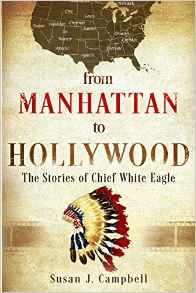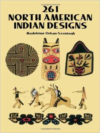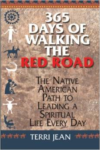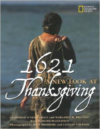Description
I first met Chief White Eagle and his wife at the Trail of Courage festival in Rochester, Indiana, in 1993. He was signing photographs at a booth and visiting with attendees. I didn’t have a lot of time to visit with him, or even get to know him, as I was busy enjoying the festival and participating in the Indian dances, which are an exciting part of it. Then, too, a group of us was preparing to leave the next day on a ten-day caravan. We would be dedicating new markers and sites where our Potawatomi ancestors had camped as they traveled the Trail of Death, the 1838 forced removal of Chief Menominee’s village from near Plymouth, Indiana, to Sugar Creek Mission in Kansas. Thus, except for a brief meeting, I was barely aware of his existence. Then in September of 1998, my husband and I flew to Rochester, Indiana, where I was invited to interview Baz, Chief White Eagle, and his wife, Bobbie Bear. This was the first time I’d actually sat down with him one-on-one. He stood strong and straight, a dignified gentleman. While possessing the facial characteristics of a member of the Mohawk Nation, high cheekbones, strong nose, sculptured forehead, he was also known for his deep “radio voice,” which he had practiced and perfected. He spoke beautiful English with a Canadian or English accent. As a young man, he had been very handsome; I found him even more so then. A lot of things took place between 1998 and 2008, major illnesses and surgeries, before I was finally able to return for another interview. During the interval, Bobbie and their friend Shirley Willard recorded his stories, both on audiotape and on video, mailing them on to me for editing and inclusion in his autobiography. At the 2008 meeting I discovered another side of Chief White Eagle as well, one that isn’t as well known, perhaps, but one that more defines the man than Hollywood ever could, a side that has earned him my respect and admiration. I came to know him as a very wise individual, a man with a deep spirituality, shaped by experiences that only a very few could possibly imagine. A man who had seen much, encountered much, and been changed by these experiences.






Reviews
There are no reviews yet.